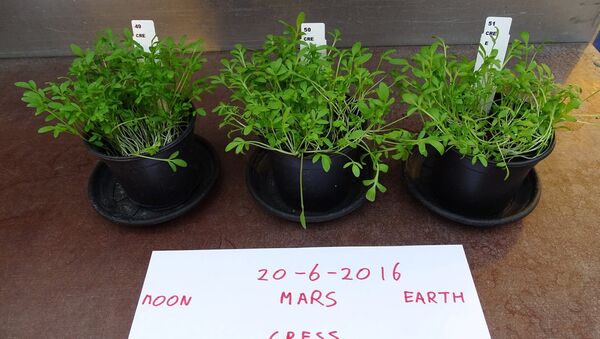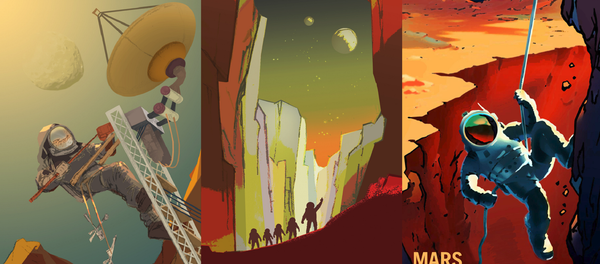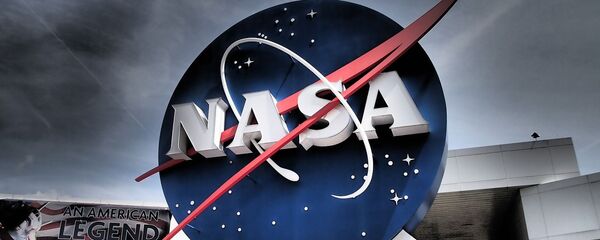On Thursday, the team announced that the first four harvests were found to contain “no dangerous levels” of heavy metals, and that the results are “very promising.”
The results are good sign, but still require further scrutiny due to the high levels of metals such as cadmium, copper and lead that are found in the soil.
"These remarkable results are very promising," senior ecologist Wieger Wamelink told Phys.org. "We can actually eat the radishes, peas, rye and tomatoes, and I am very curious what they will taste like."
"It's important to test as many crops as possible, to make sure that settlers on Mars have access to a broad variety of different food sources," said Wamelink.
The team has now begun crowdfunding a campaign to continue their work, and they have promised to invite their sponsors to the first dinner made with the “martian” food, if all crops are first deemed safe by the Dutch Food agency and US Food and Drug Administration standards.
“If we are certain it is safe to eat the potatoes, peas, carrots, garden cress, green beans, radish, rye and tomatoes then we will organize a meal for the sponsors of our research. They will be the first to eat the ‘Martian’ tomatoes and taste if they have a different flavour from the normal earth tomatoes,” the team wrote in a Facebook update.
NASA has asserted that they expect to send a manned mission to Mars within the next 10 to 15 years.




